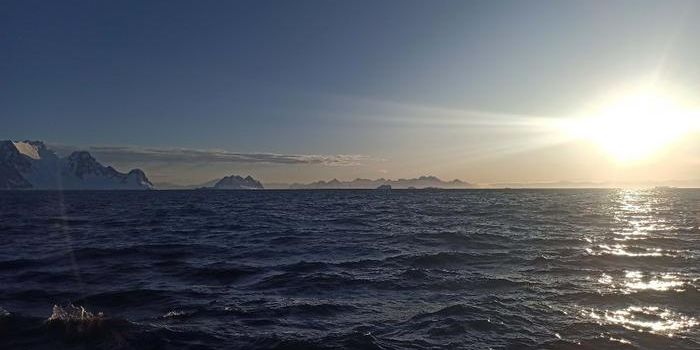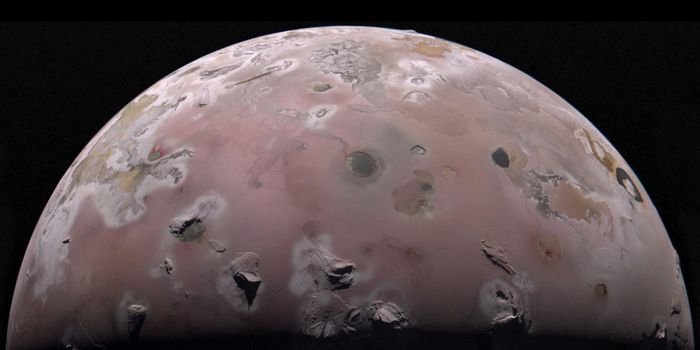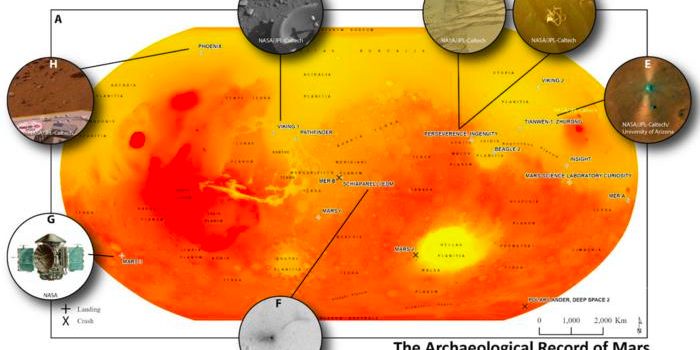Unveiling the Impact of Coral Bleaching: Insights from Organic Compounds
How can coral bleaching impact aquatic life, overall? This is what a recent study published in Communications Biology hopes to address as a team of international researchers led by the University of Hawaiʻi at Mānoa investigated how coral bleaching advances bacterial growth that could result in greater levels of stress on coral reefs, overall. This study holds the potential to help scientists better understand the biological impacts of coral bleaching on aquatic life around the world.
Throughout 2019, the researchers analyzed bleached and unbleached corals residing in Mo'orea, French Polynesia to ascertain how each group reacted to heat stresses. After conducting a series of heat stress experiments, the team found the bleached corals exhibited stark reactions compared to their unbleached counterparts by producing compounds that advanced bacterial communities in the surrounding aquatic environment.
Image of diving researchers on a coral reef in Mo'orea, French Polynesia during the study. (Credit: Milou Arts of NIOZ)
“Interestingly, the microbes responding to bleaching coral exudates [secretion] were distinct from those grown on healthy coral exudates,” said Dr. Wesley Sparagon, who is a postdoctoral researcher in the UH Mānoa College of Tropical Agriculture and Human Resources and lead author of the study. “And there were higher abundances of fast-growing opportunists and potential pathogens. The growth of these microbial communities around stressed corals may harm corals, either through suffocation or by introducing disease.”
For next steps, the team is currently investigating if certain microbes can be used to identify stressful conditions for reefs, which could help advance conservation efforts around the world. This recent study comes as climate changes continues to contribute to coral bleaching around the world, which could lead to diseases spreading from water to land, and conservation efforts to mitigate this threat are ramping up.
What new discoveries will researchers make about coral bleaching and its impact on aquatic environments in the coming years and decades? Only time will tell, and this is why we science!
As always, keep doing science & keep looking up!
Sources: Communications Biology, EurekAlert!, National Oceanic and Atmospheric Administration









